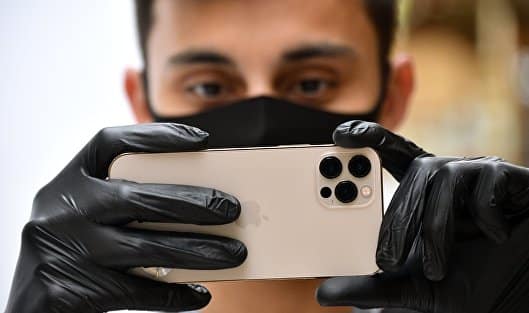MOSCOW, 7 Oct – PRIME. Online services have taken a strong place in our lives: calling a taxi, paying receipts, restaurant menus using a QR code. However, the more popular such services are, the more attractive they are for scammers who are hunting for Russian money, Sergei Kuzmenko, senior specialist in testing digital products at the Center for Digital Expertise of Roskachestvo, told the Prime agency.
Russians warned about a new scheme of fraud through instant messengers
According to the expert, one should not lose vigilance when using online services. First of all, it concerns online banking. “The system itself is very reliable, but only if you use it correctly. However, scammers use social engineering methods in deception schemes over the phone and in messages – SMS, e-mail, instant messengers, and thus extract confidential data from gullible and naive citizens”, – explained the specialist.
In addition, a large percentage of scams account for online payments. “It could be a phishing site where you enter your details thinking you are making a purchase, but in fact you are giving criminals access to your funds. Also, if you are asked to transfer the amount to a card to a private person, this is also a risk. Later, at the best case, it will be very difficult to make a claim on the goods, and in the worst case, the seller will receive the money and disappear. No chairs, no money, as they say, “Kuzmenko said.
To completely abandon the digital benefits that technological progress offers is at least strange. “It is possible, of course, to pay in cash, keep money at home and use a push-button telephone without connecting to the Internet. But the risk of losing funds still remains,” he said.
The Roskachestvo expert advised to increase the level of their digital competencies and learn how to use various electronic services correctly.
“For any action on your PC or smartphone, you must have an up-to-date antivirus program installed. Make purchases only on well-known sites and official stores. It is better not to use public Wi-Fi when making financial transactions online. Every 90 days, update the password on all important applications and websites,” the specialist listed.
Also, do not give anyone confidential data – PIN codes, passwords, CVC, numbers from SMS messages, the expert concluded.
















